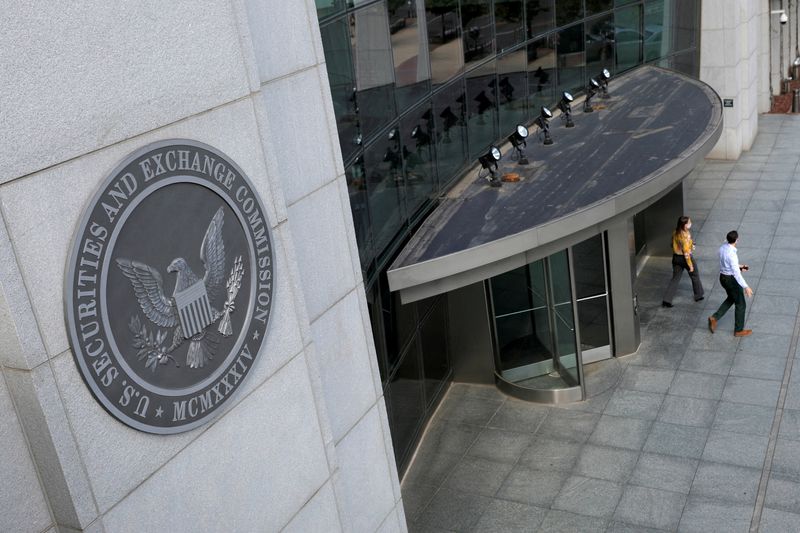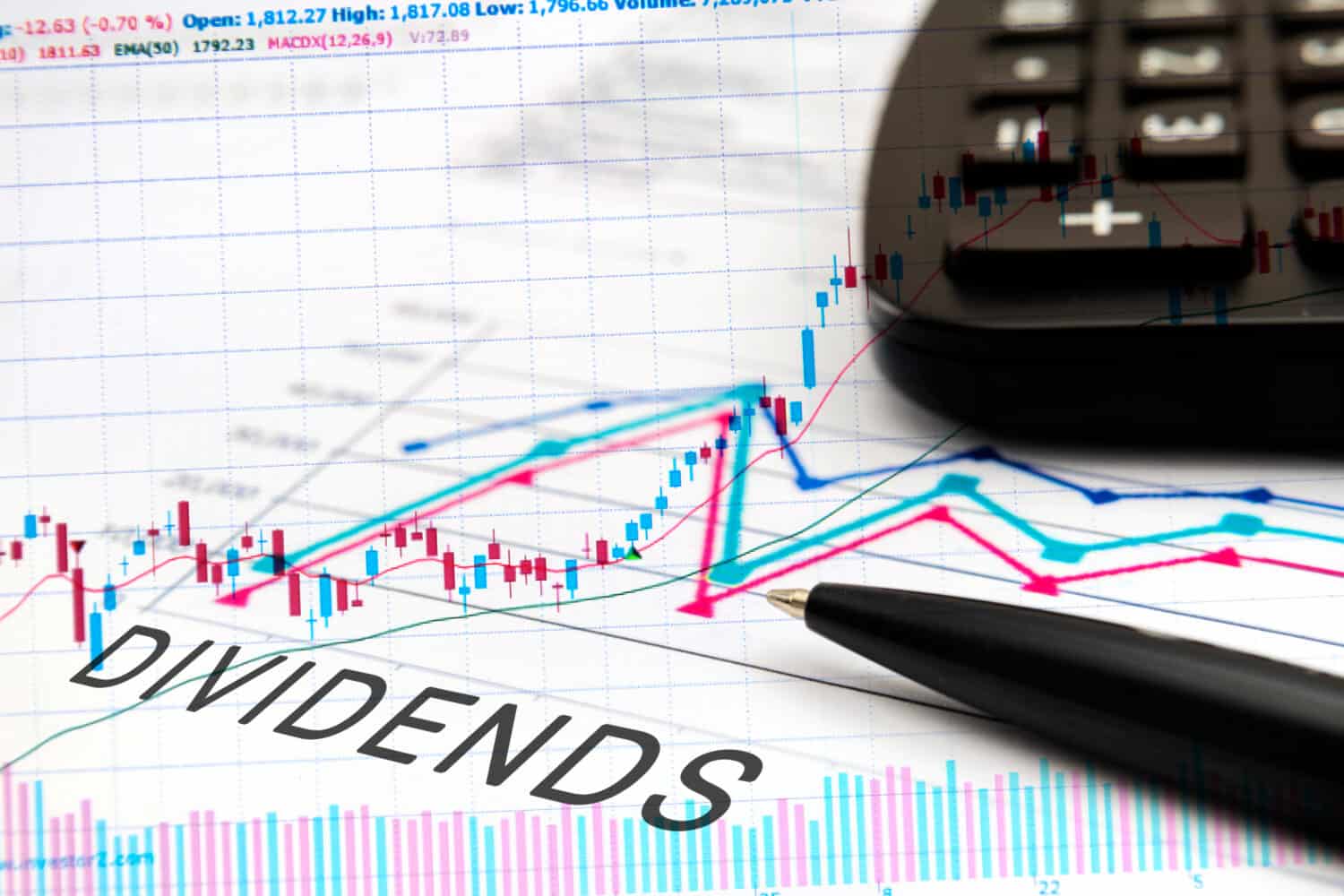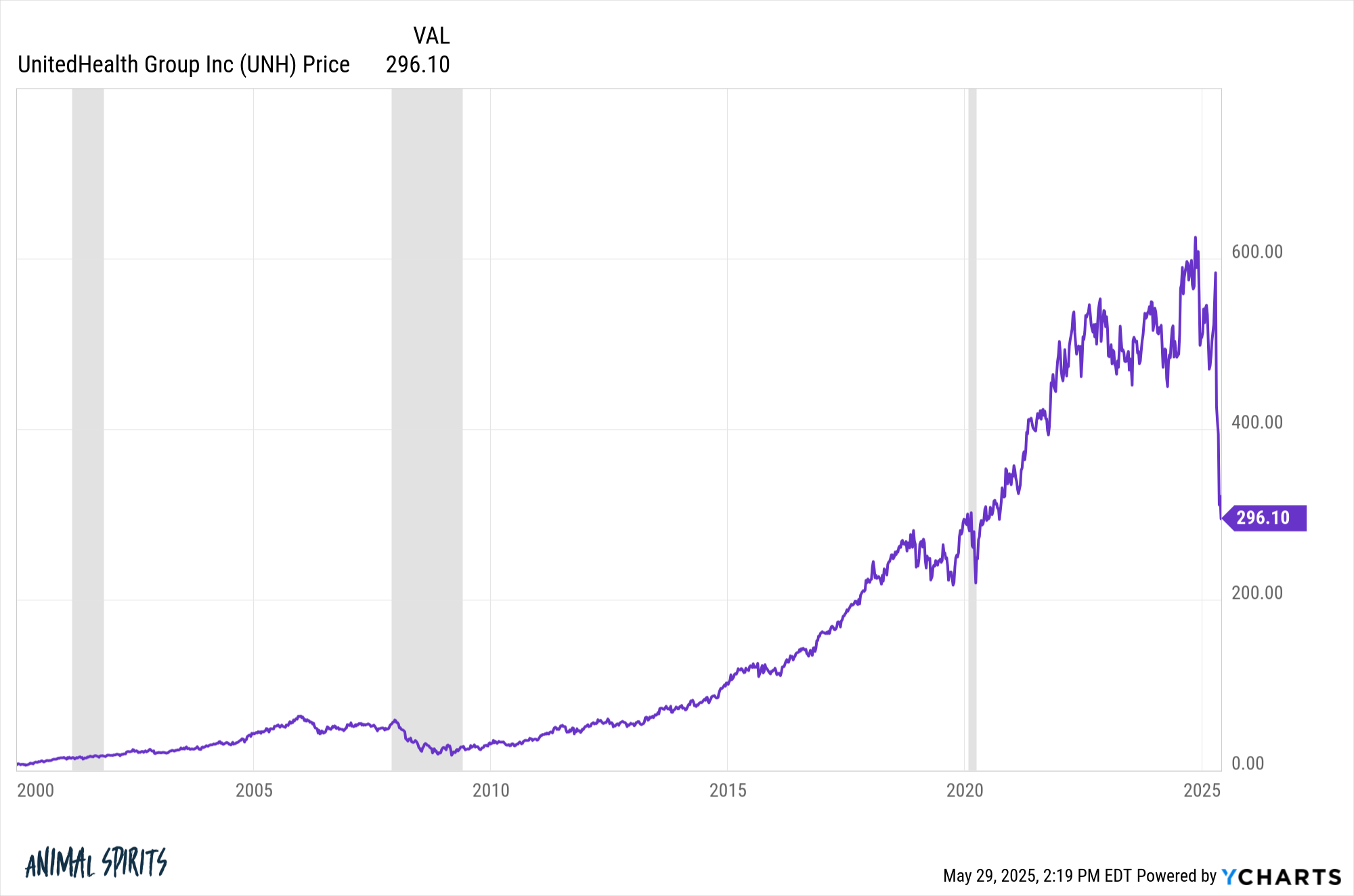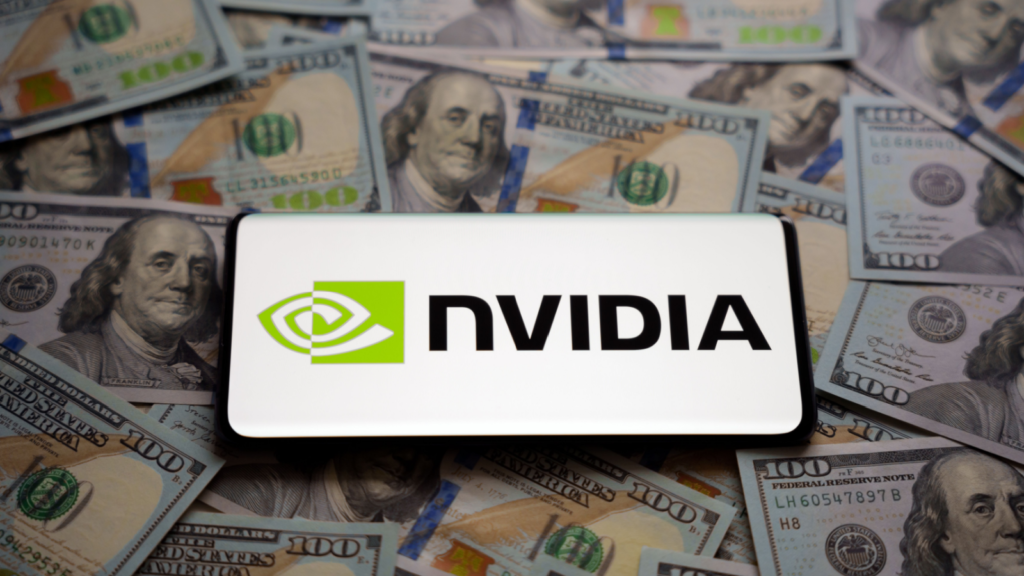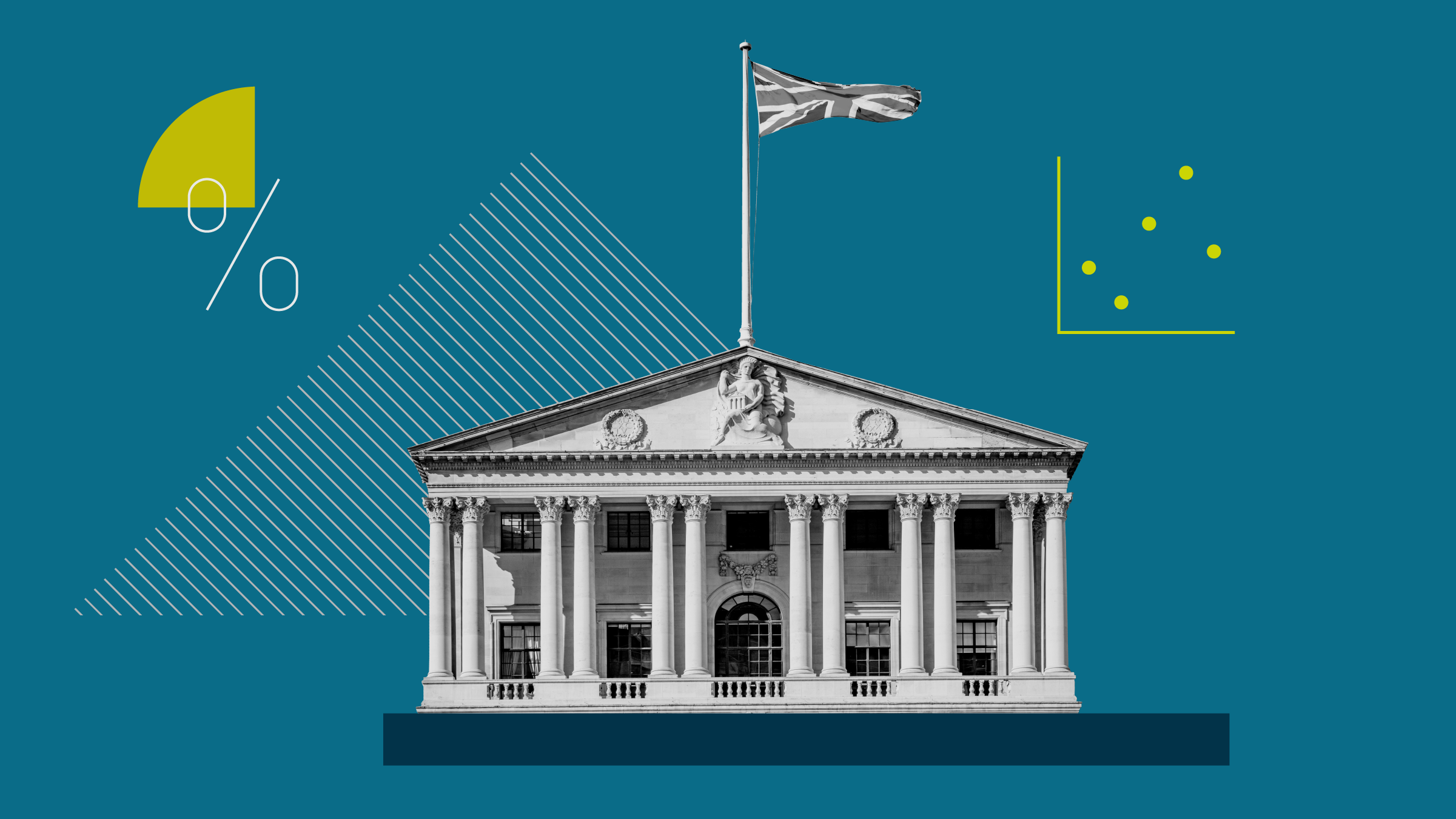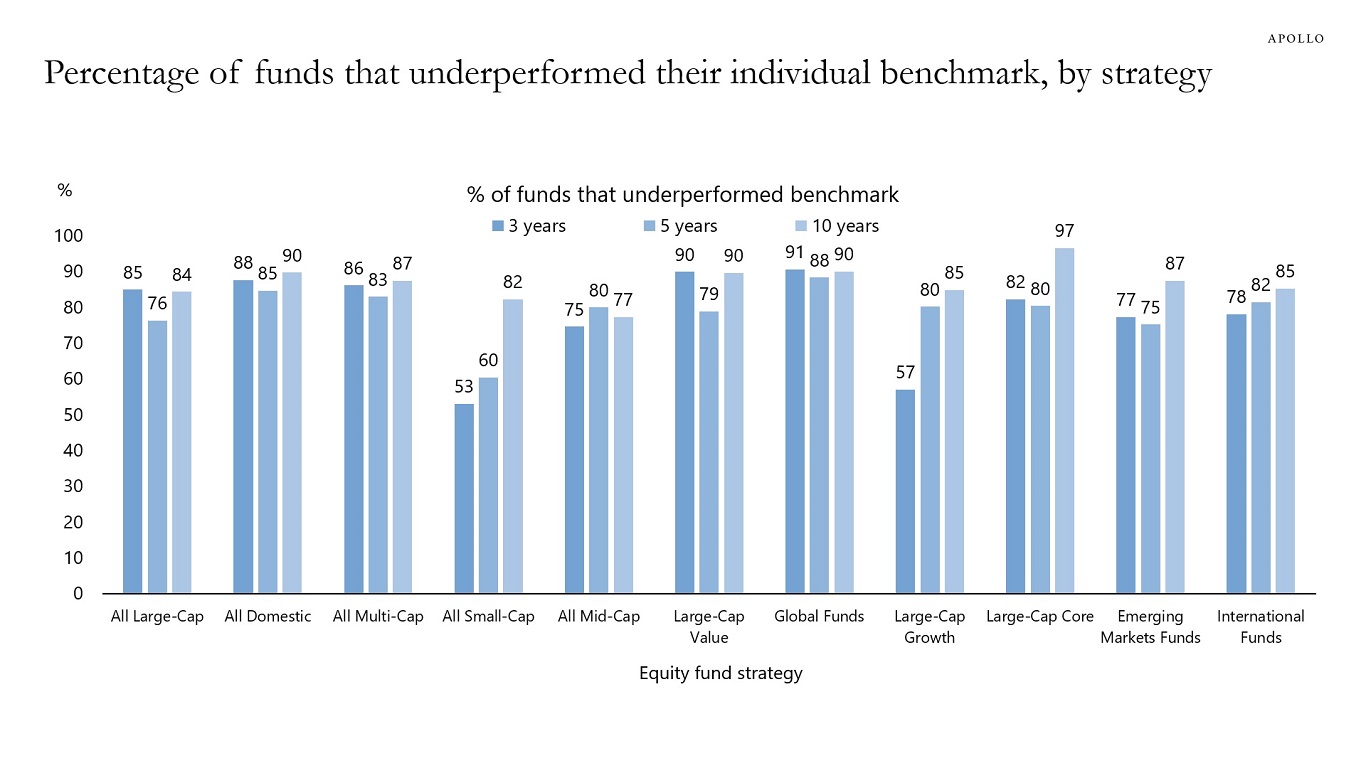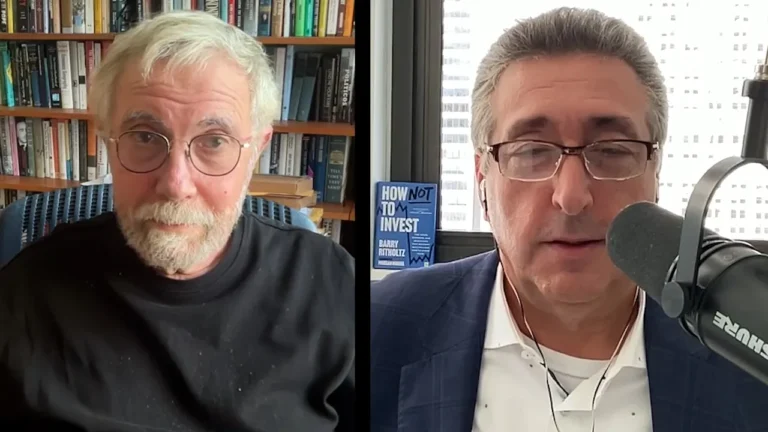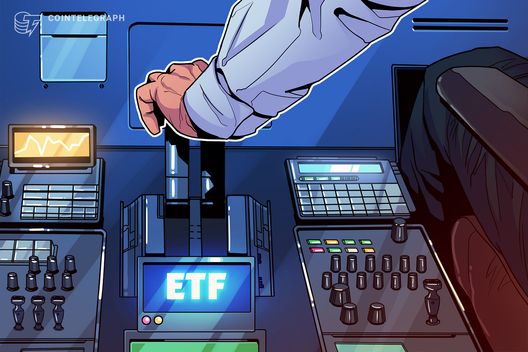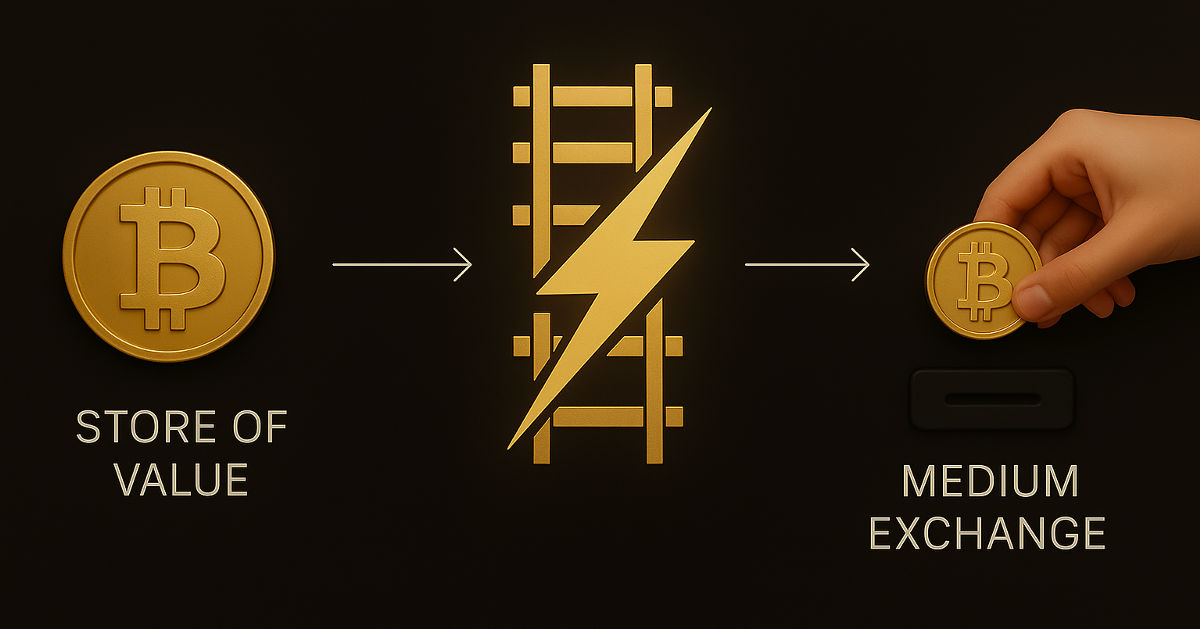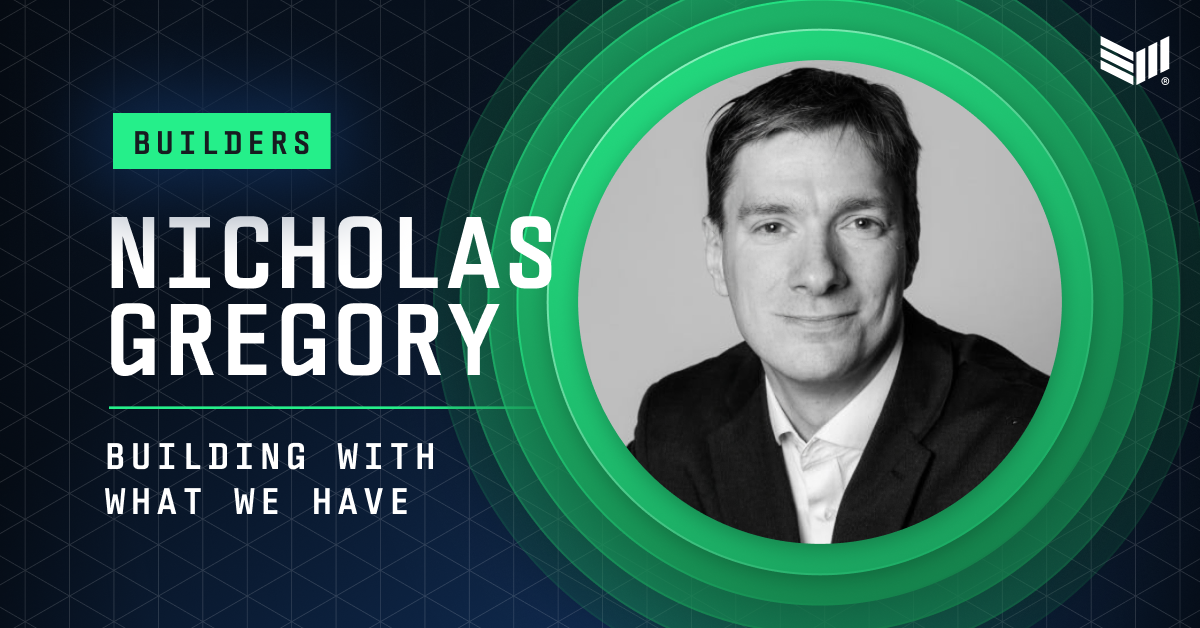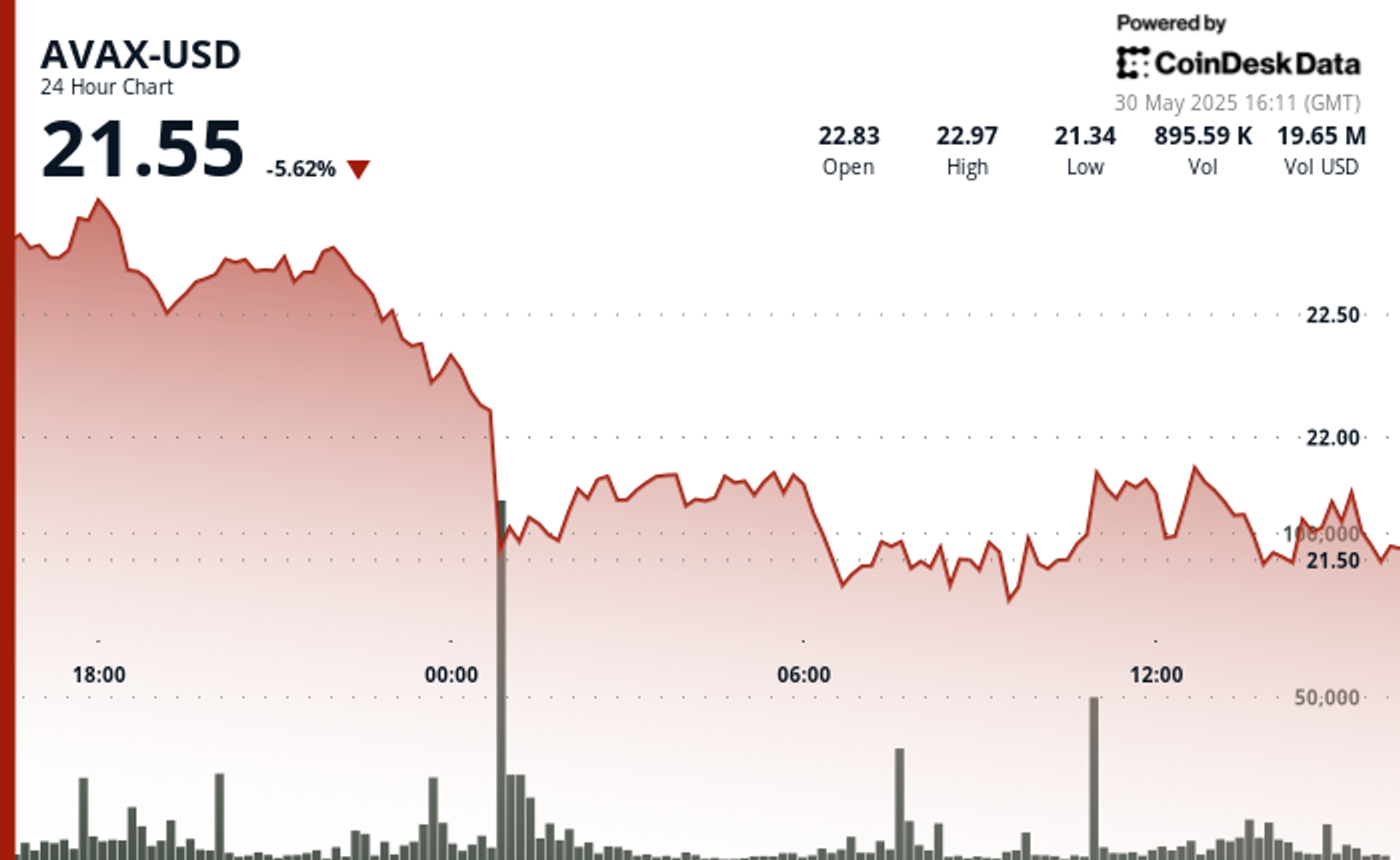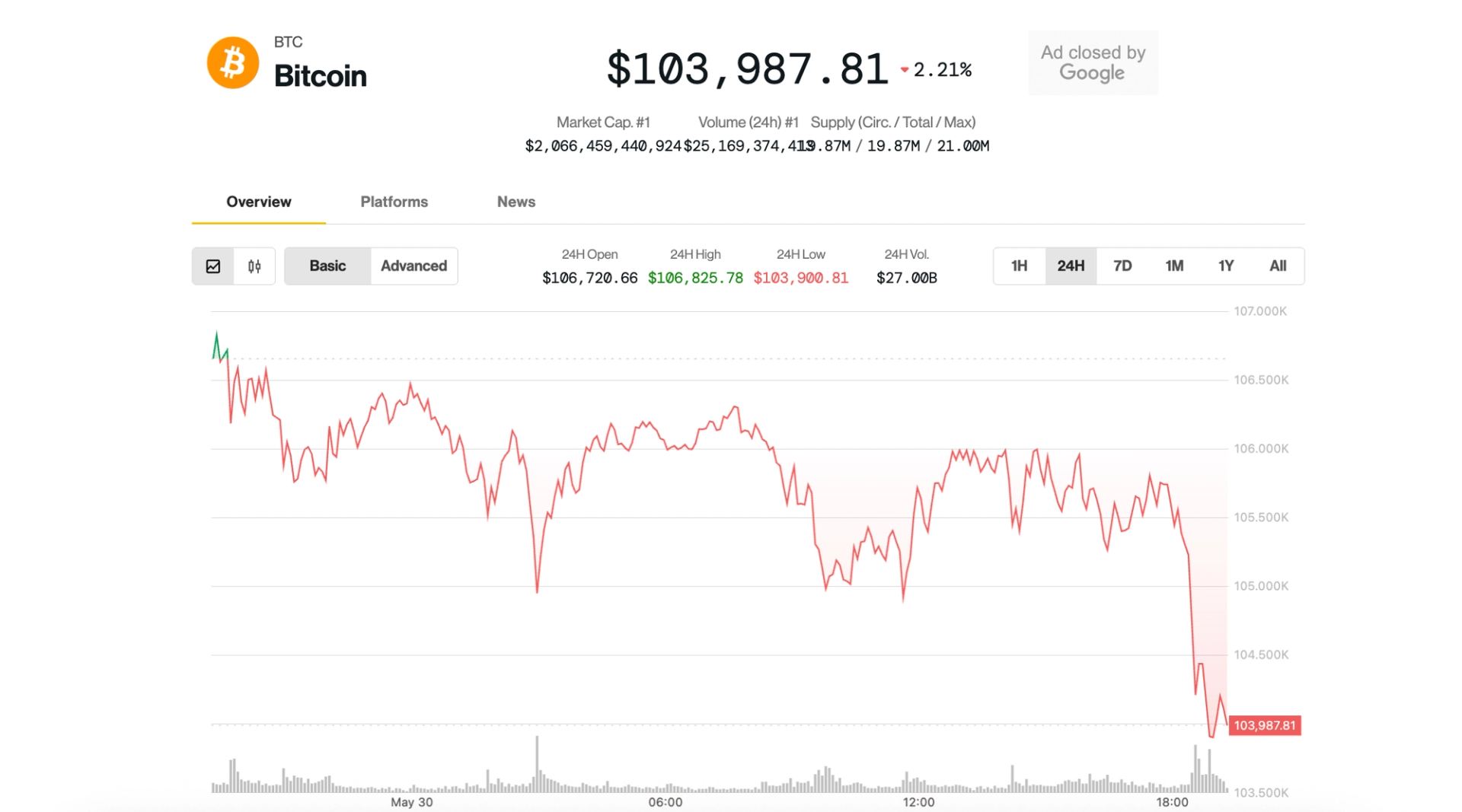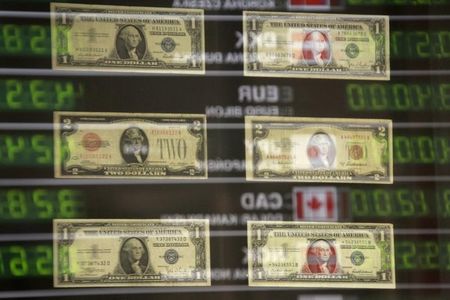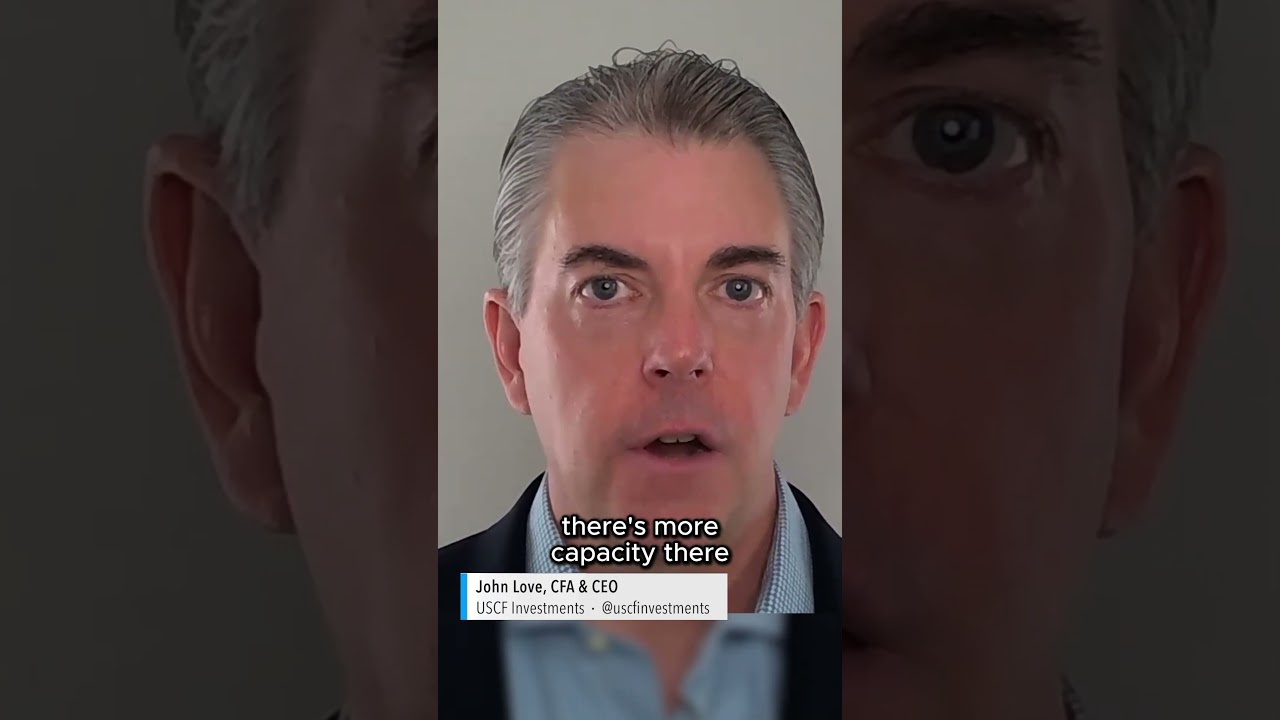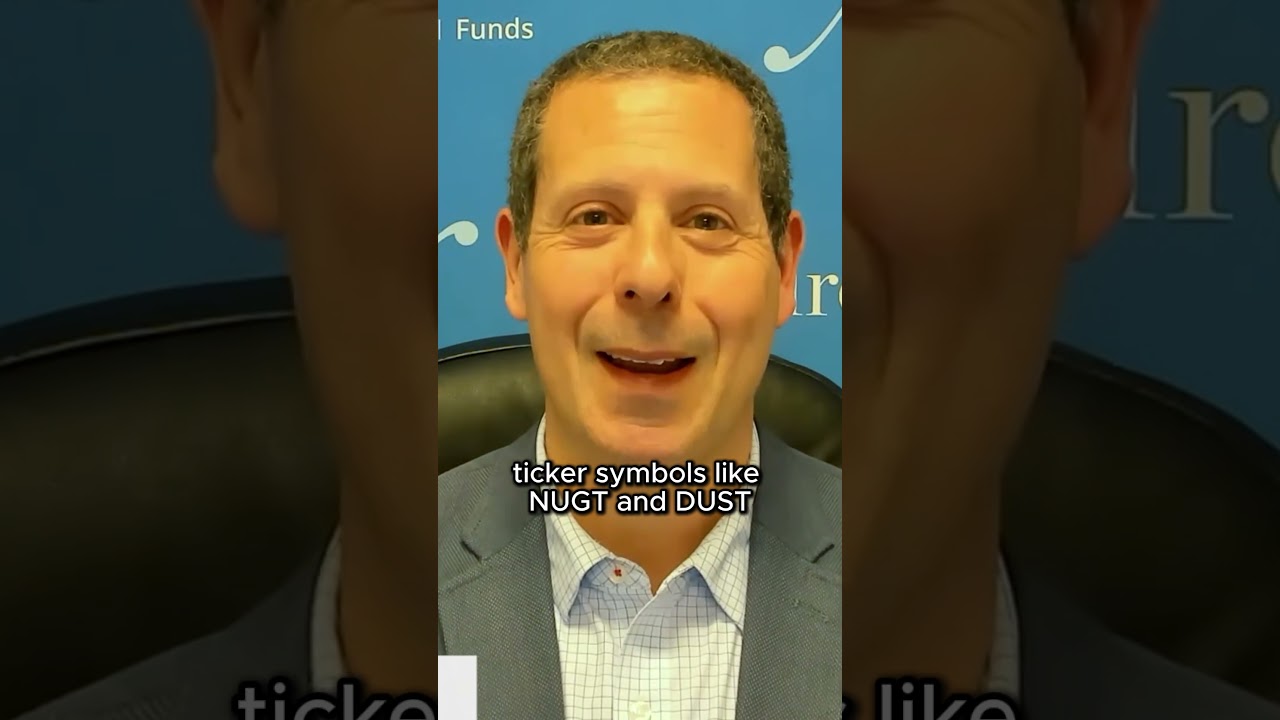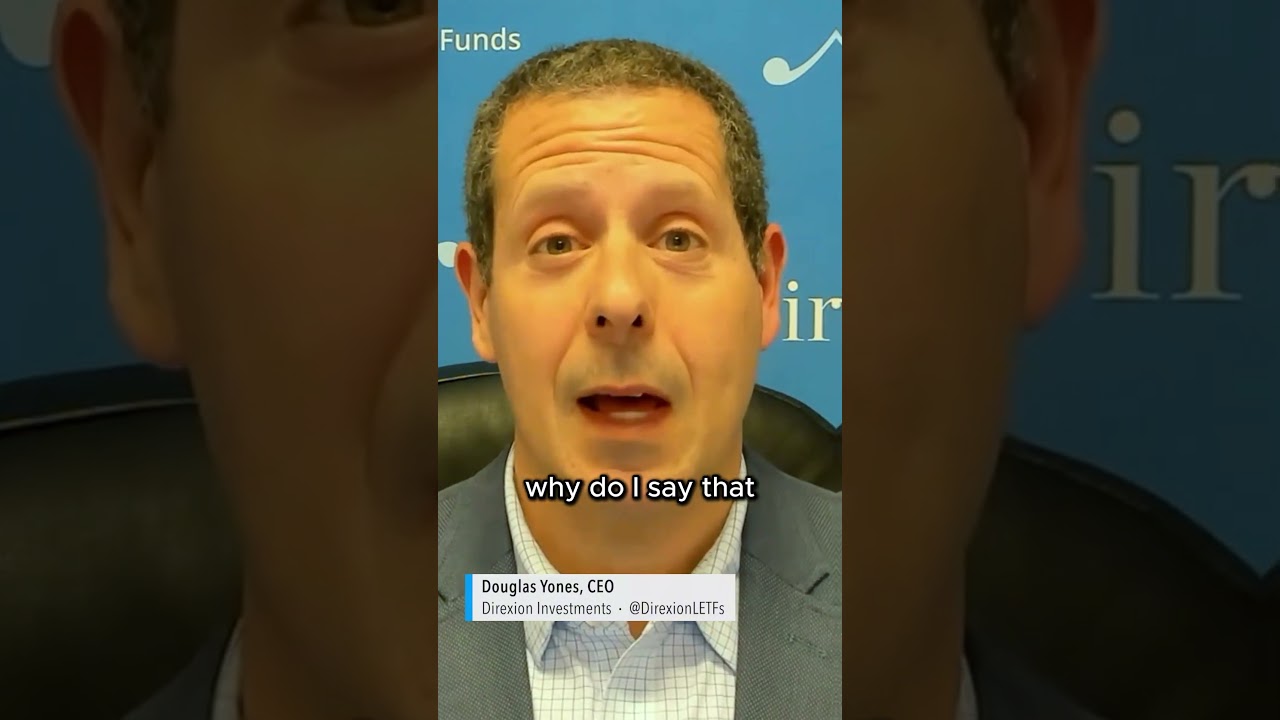Why I, a Financial Advisor, Question the Focus on Dividends Over Total Returns
A lot of retirees who live off passive investment income seem to care a lot more about dividends than the actual capital appreciation (or depreciation) potential of a portfolio. Undoubtedly, there’s nothing fundamentally wrong with opting to live off one’s dividends so that one doesn’t have to dig into the invested principal. That said, too […] The post Why I, a Financial Advisor, Question the Focus on Dividends Over Total Returns appeared first on 24/7 Wall St..
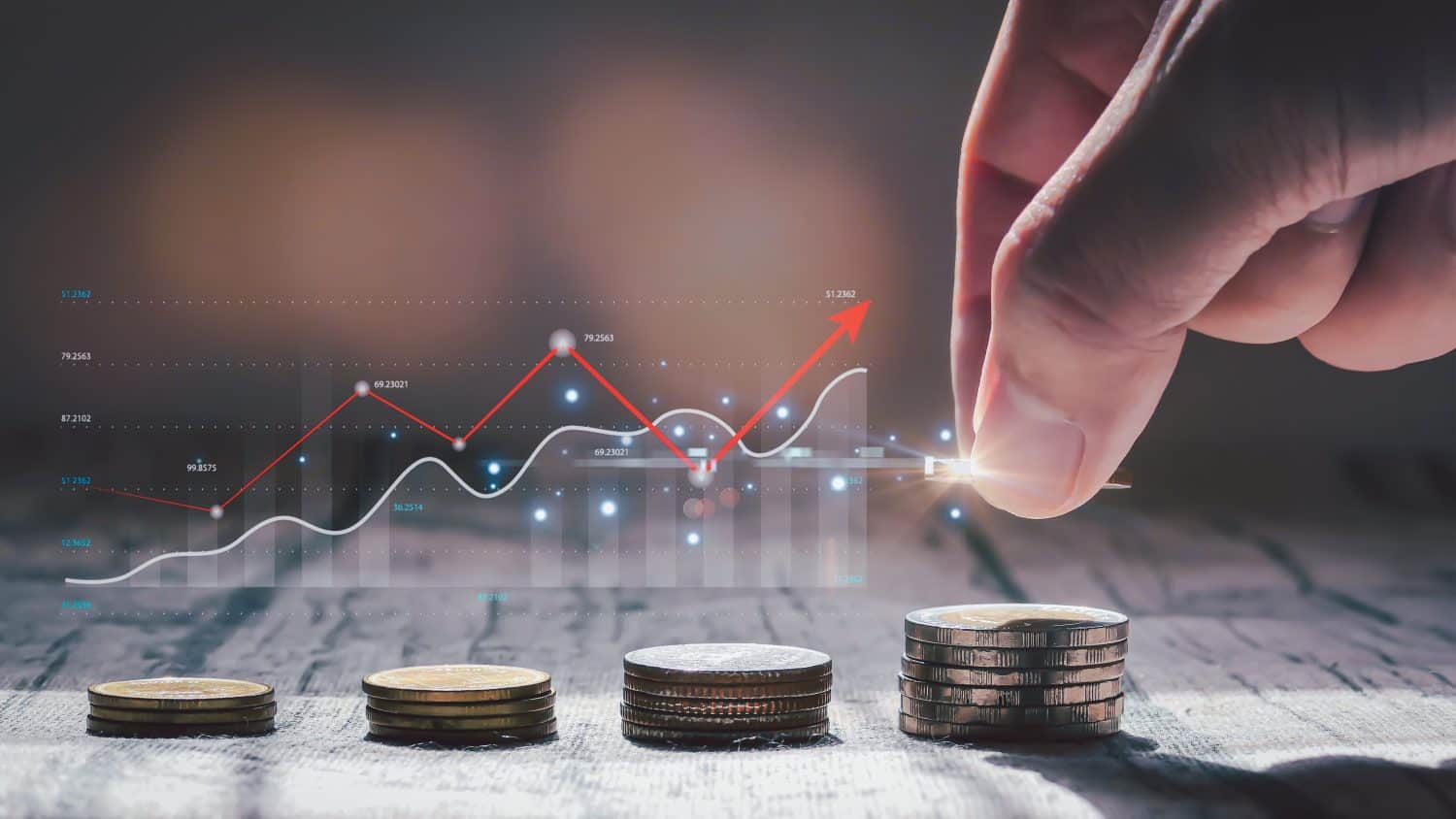
A lot of retirees who live off passive investment income seem to care a lot more about dividends than the actual capital appreciation (or depreciation) potential of a portfolio. Undoubtedly, there’s nothing fundamentally wrong with opting to live off one’s dividends so that one doesn’t have to dig into the invested principal.
That said, too much focus on yield could lead one to chase and ultimately fall short on the front of total returns. So, just because dividends matter more than those oftentimes less-meaningful fluctuations in the share price doesn’t mean the potential for capital gains and losses should go ignored. Arguably, the “total return” (which accounts for both appreciation and dividends paid) offers a fuller picture of what an investor really stands to gain.
In this piece, we’ll dig into the comments of a financial advisor who recently took to Reddit seeking viewpoints to get a sample of how self-guided investors think about dividends and whether they prioritize yield over total returns.
Key Points
-
This financial advisor, who took to Reddit, polled the community on their views of focusing on dividends versus total returns.
-
Total returns are a more important gauge that many prospective retirees neglect as they hunt down higher yielders. After all, it’s the yield that’ll allow one to retire on passive income.
-
Are you ahead, or behind on retirement? SmartAsset’s free tool can match you with a financial advisor in minutes to help you answer that today. Each advisor has been carefully vetted, and must act in your best interests. Don’t waste another minute; get started by clicking here.(Sponsor)
The danger of losing track of total returns
Total returns are the performance gauge that all investors, including those actively pursuing higher yields, ought to be judged by. And while it’s okay to hang onto shares of a perennial underperformer, as long as the dividend is well-covered and the fundamentals are sound enough, it isn’t a good move to completely ignore the appreciation factor.
Of course, dividends and dividend policies may be at the top of mind. And while it’s a good thing that some don’t make too much of share price volatility, losing track of share price performance, I believe, can lead some to leave money on the table, or worse, get stuck in a value trap destined to keep delivering less than a market return.
Some investors prefer dividend stocks for tax efficiency, but maintain their focus on total returns.
The first commenter highlighted that they like stashing dividend stocks in an appropriate account so that no tax inefficiencies arise. Qualified dividends (think those paid out by the well-established mega-caps) are taxed at a lower rate and can make sense to hold outside of tax-advantaged accounts. While some dividends can be tax-efficient while giving one a boost to their passive income stream, this commentator’s focus remains primarily on capital gains (which tends to do more of the heavy-lifting for total returns).
Additionally, they remarked that the S&P 500, which is cap-weighted, isn’t as diversified anymore, especially amid the ascent of the multi-trillion-dollar mega-cap firms. Given this, they like diversifying into dividend stocks that can help offer them a bit more yield than that offered by the broad market ETF.
Another commenter suggested that some prospective retirees are too high on yield.
Indeed, many prospective retirees, including those with limited investment experience, may be looking at a single figure (yield) that dictates when they can retire comfortably. Indeed, if one has a rather limited sum (let’s say $500,000), they may feel the need to go for covered call ETFs that yield double-digit percentage points, rather than aiming to grow their wealth over time by maximizing total returns.
Of course, if you’re focused on averaging a certain yield on your portfolio, you’ll probably care less about appreciation potential and will chase yields to get you to a certain target. Indeed, it can be a risky proposition to ignore capital gains potential, but I completely understand why one would lose sight of gains potential as they strive to get their yield to a certain level.
The bottom line
At the end of the day, yield is just one of the two figures that go into the total return. In my view, it makes very little sense to go for the 8% yield if it means having a high chance of suffering double-digit percentage downside. While it’s fine to go for the larger yields, investors must ensure that it’s the total return that will help one get ahead financially. As always, talk to your financial advisor if you think you’re guilty of chasing yield and losing sight of total returns (the metric that really matters).
The post Why I, a Financial Advisor, Question the Focus on Dividends Over Total Returns appeared first on 24/7 Wall St..







